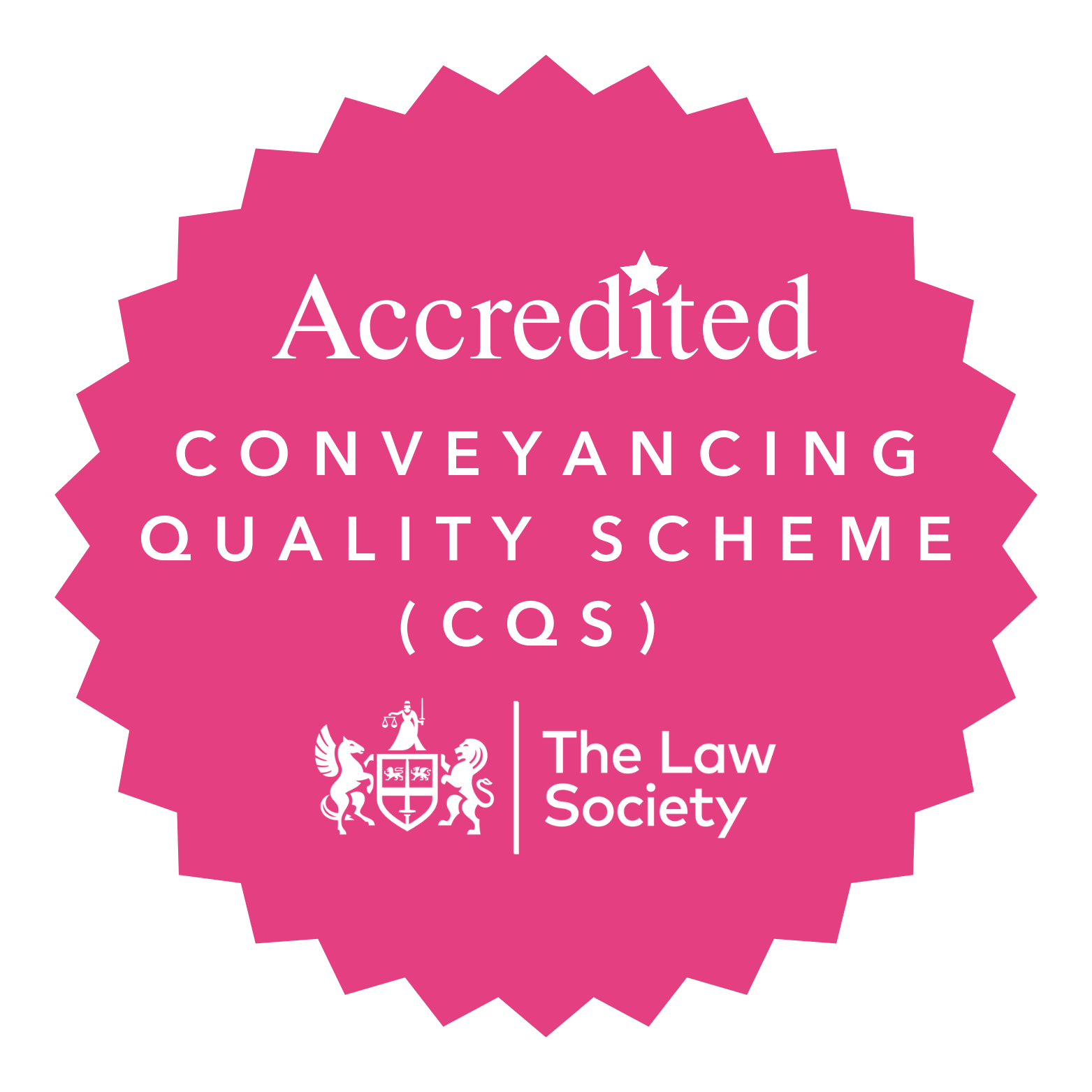What is a Lasting Power of Attorney?
A lasting power of attorney is a legal document in which you can give another person or persons (the attorney) authority to make certain decisions on your behalf.
There are two types of lasting power of attorney (LPA): Property & Affairs, and Personal Welfare, but you do not have to create both types of LPA. You can do one or the other, or both depending on your circumstances.
Do I need a Lasting Power of Attorney?
If you suddenly became ill, had an accident or a stroke, or found yourself in the early stages of either dementia or Alzheimer’s:
- Who would pay your bills?
- Who would be able to gain access to your bank accounts?
- Who would have the authority to sell your home if a sale became necessary?
If you can’t answer these questions then you should make an LPA.
The two types of Lasting Power of Attorney:
- A property and financial affairs LPA - which allows your attorney authority to deal with your property and finances.
- A health and welfare LPA - which allows your attorney to make healthcare and welfare decisions on your behalf, only when you lack mental capacity to do so yourself. This could also extend, if you wish, to giving or refusing consent to the continuation of life sustaining treatment.
Choosing Your Attorney
This is an important decision and you should carefully consider whom you appoint. Your attorney should be trustworthy and have appropriate skills to make the necessary decisions in your best interests.
If you appoint more than one attorney, you can appoint them to always act together (jointly) or together or separately (jointly and severally). You may even appoint them to act jointly for some things and jointly and severally for others, although this should only be done with advice, as it may cause problems when using the power.
You can also appoint a replacement attorney, in case your attorney dies is or is unable to act for you.
When can the Attorney act?
The attorney will only be able to act when the LPA has been signed by you, signed by your chosen attorney and then certified by a person confirming that you understand the nature and scope of the LPA and have not been unduly pressured into making it.
There are a number of safeguards in the procedure to both guide and protect you
The LPA must then be registered with the Office of Public Guardian before it can be used.
The property and financial affairs LPA can be used both when you have capacity to act (if you wish), as well as if you lack mental capacity to make a financial decision. The health and welfare power can only be used if you lack mental capacity to make a welfare or medical decision.
Existing Enduring Powers of Attorney
Any enduring power, validly made before 1st October 2007, can still be used but only in respect of your property and financial affairs. If you wish to give authority over your health or welfare you will need to make a health and welfare LPA.
What happens if you have not made a LPA or EPA?
If you lack capacity to make a financial decision, it may be necessary for an application to be made to the Court of Protection for an order, to enable someone to make decisions on your behalf. This is both costly and time consuming and ultimately the Court decides who should act on your behalf, which may not be the person you would have chosen.
Most care and treatment decisions can be made on your behalf without the need for a court application. However, if you wish to avoid potential disputes, you can give a person authority to make those decisions on your behalf by making a health and welfare LPA.
As we are all living for longer, having an LPA is something we all should do.
Please note that home visits are available.
For more detailed advice or information, contact our specialist solicitor Emma Harrison on 01817 317081 or email eharrison@pickerings-solicitors.com
We will be happy to advise on ways of planning for your future and answer any questions you may have.



